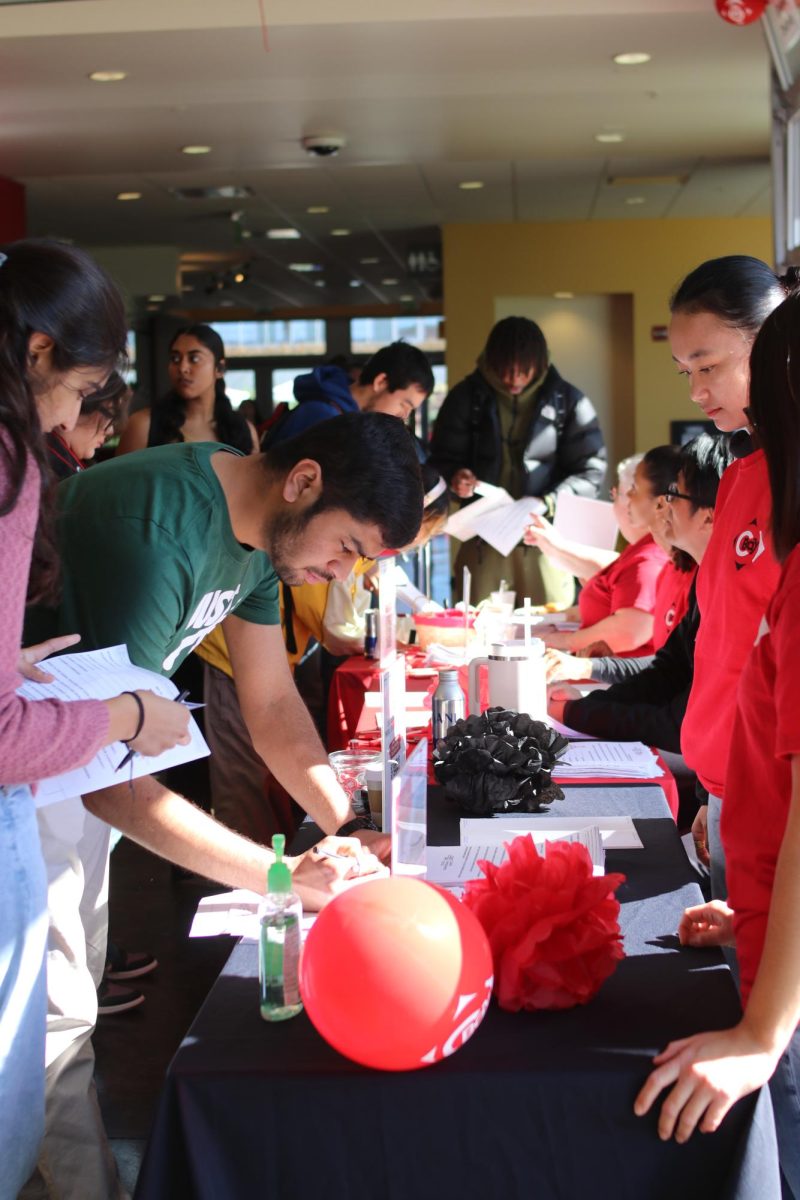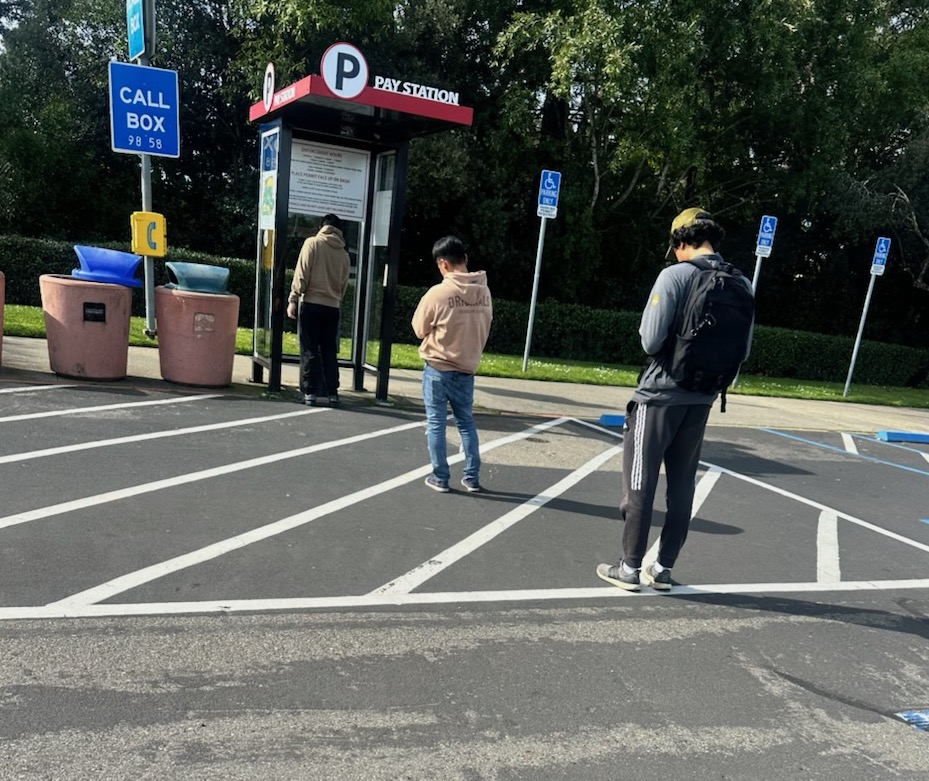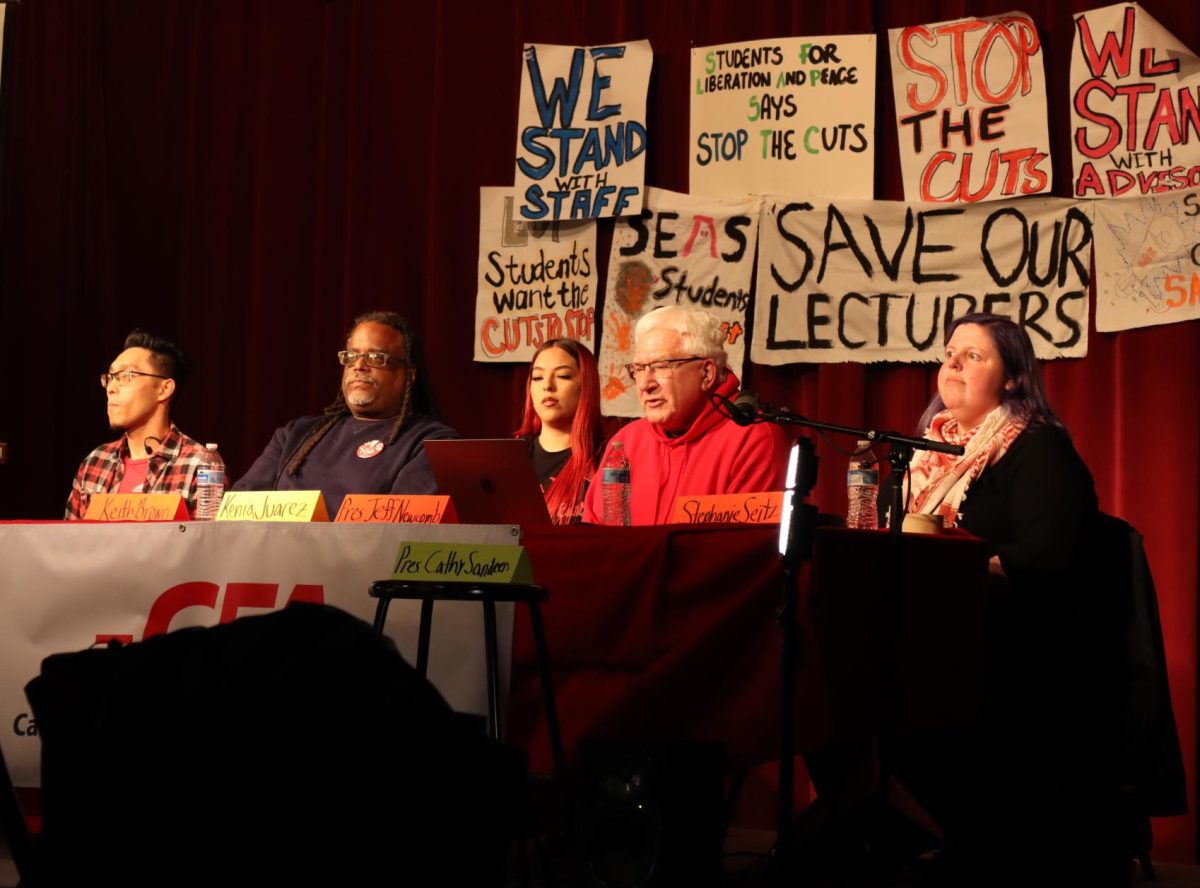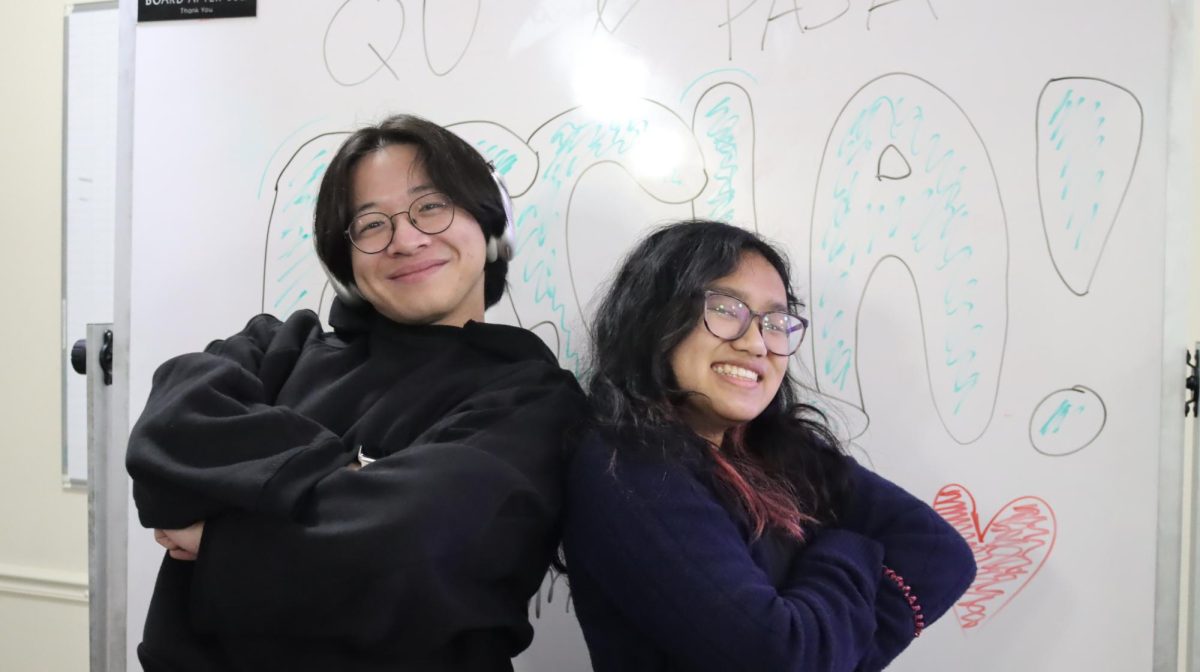The Committee on Academic Planning and Review focused its energy on drafting Institutional Learning Outcomes through a series of forums involving students and faculty last week.
Institutional Learning Outcomes- or ILOs- are guidelines on knowledge, skills, abilities and attitudes that students should develop through their time in college and in any particular course.
ILOs can be a useful tool for professors and departments to build upon principles and structures in the classroom to better serve students. ILOs can help structure a classroom and incorporate goals related to the overall teaching experience to supplement the learning material.
Currently, CSU East Bay does not have any set ILOs in place so the Committee on Academic Planning and Review created a subcommittee dedicated to the task of drafting ILOs for the University.
The idea is the CSUEB could benefit from the added structure because students and faculty will have a set of guidelines to follow so that everyone is on the same page.
The ILO committee decided that the best way to get a grasp on how best to serve both students and faculty with the new guidelines was to get them involved. So, a series of forums were arranged to receive as much feedback as possible.
“Because this is such an important task, it’s critical to have student, staff and faculty input,” said Andrea Lum, Special Assistant to the Associate Vice President of the CAPR. “We really want student feedback and as a result, sent out almost 400 personalized invitations to students.”
Each forum had about 40 attendees and were a mix of student leaders on campus and faculty that were picked by their department chairs as good representatives.
The larger group was split up into smaller groups to “vote on their favorites and negotiate groups and names for smaller sets of ILOs,” said Lum.
A list of possible ILOs, like written communication, global involvment, civic engaement, technological literacy and many more, were printed onto flash cards as well as on posters around the room.
The groups were then given the task to lump together the proposed ILOs that appear related or fall under the same learning term.
Once the terms were sorted, they were named and one member from each group presented their ideas with the room.
The forums were well organized and the facilitators encouraged interaction and discourse so that the best assessment could be made on the ILOs.
All in all, the participants in the ILO forums were enthusiastic and serious about created another way for students and faculty to better interact.
As one member of the CAPR said, it is exciting that there has been such good participation in establishing these ILOs so we can “weave them into the fabric of our community.”
The CAPR will spend the summer considering all the feedback form the forums to draft some proposed ILOs and is hoping to implement some version of them in coming years.







